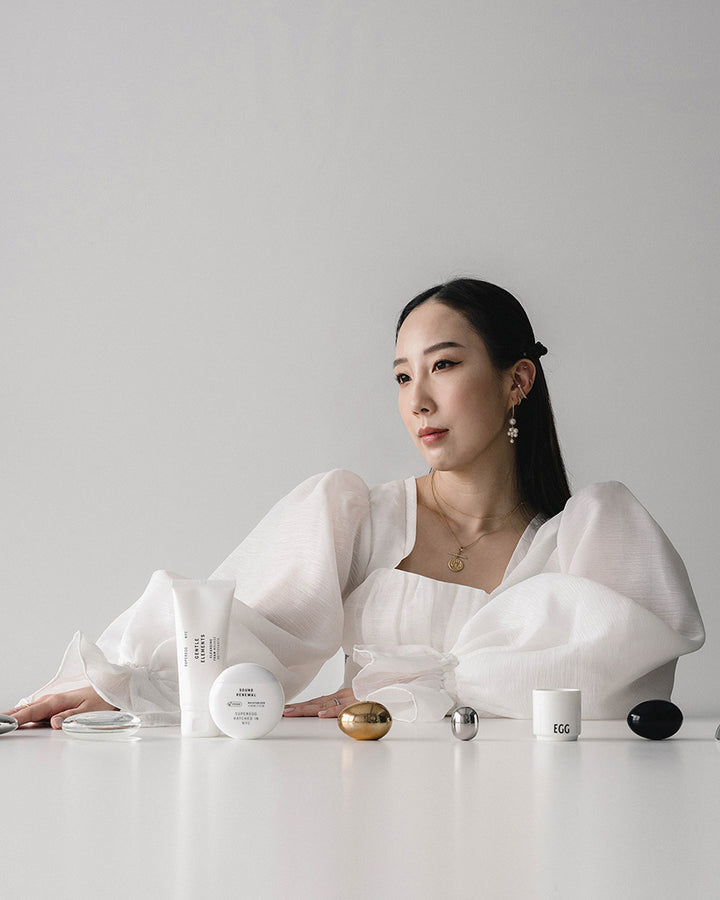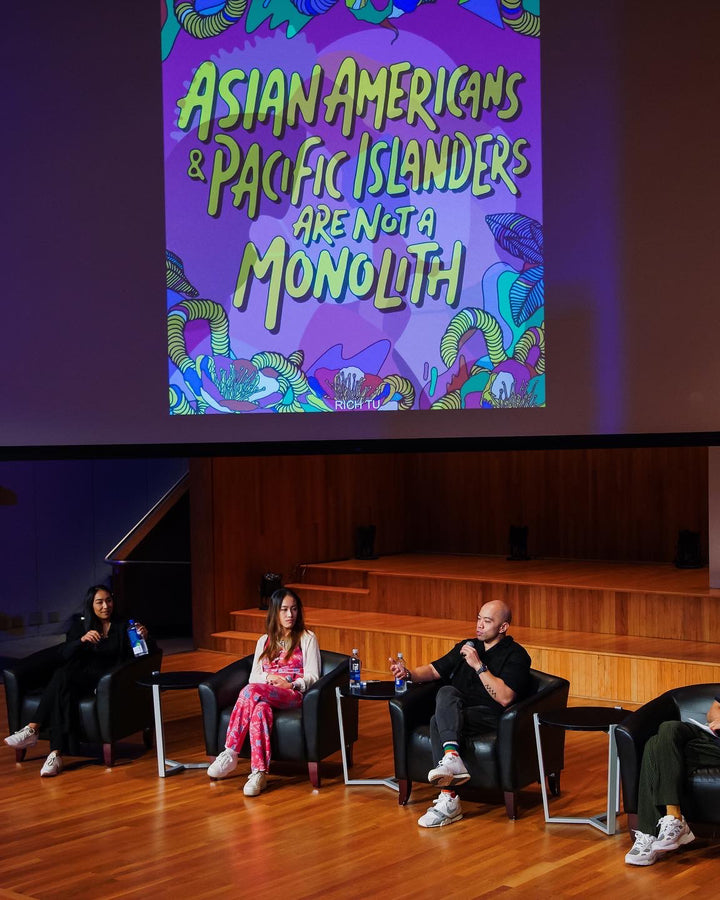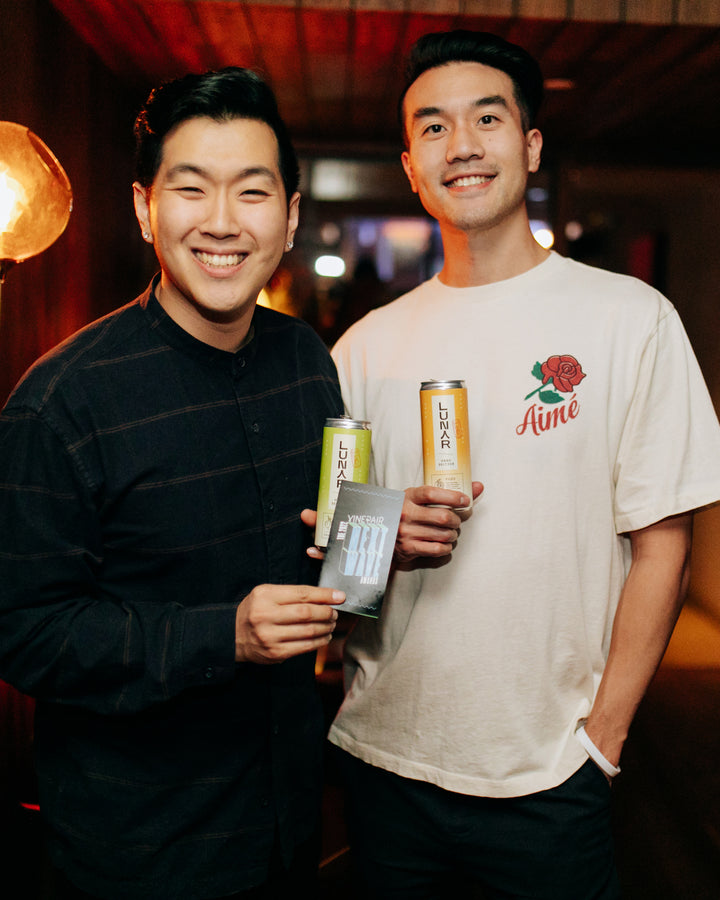Support Series — JiaJia Fei

JiaJia Fei
Meet JiaJia (she/her)
—
She's a digital strategist working at the intersection of art, culture, and technology, based in New York. She took some time to share with us her work and what Support means to her.

As a BIPOC creative, what does “support” mean to you?
To me, support means community. As creatives, we all operate within an interconnected ecosystem. Our labor, ideas, and contributions are part of a broader network wherein we all must rely on each other for mutual support and success. It’s impossible to do it all alone.
Who has supported you and why was it meaningful?
The people who have truly supported me in my career are the ones you probably don’t read about online or follow on social media. They are mentors, colleagues, and collaborators who are dedicated to doing the work without ego, selflessly lifting up as they rise. I find that this type of support is most meaningful because they are doing it out of genuine altruism and care.

What is a big challenge being a BIPOC creative in your industry?
My entire experience in the art world has been a lesson on how to break the cycle of homogeneity and privilege. As a student of art history, I was the only person of color in my classes. As I moved up from institution to institution, I would often be the only non-white person in the room. Upon finally being empowered to recruit, I made sure that I hired a team that was representative of my own values and pursuit of better representation in the field–not just because they were people of color, but because they were the best people for the job.


Any words of advice or encouragement to BIPOC creatives just starting out?
It can often be intimidating to enter an industry (like art or tech) that is largely dominated by a single demographic (white men), but it’s up to you to insist that you too deserve to belong. I recognize the impact of just being able to visualize someone who looks like you in the career you wish to pursue, so I also see it as my responsibility to take up space–whether at public speaking engagements or simply talking to students trying to figure out their own paths.

What is your cultural heritage and how has it influenced your work?
I was born in Shanghai, China, and moved to the U.S. with my parents when I was two years old. Though I mostly grew up in America, my work ethic has definitely been influenced by my parents and Chinese cultural values. As a family, we also travel to see our relatives in Shanghai at least once a year (pre-pandemic), and I’ve watched the transformation of the contemporary art world in China over the years. Eventually, I would love to consider working or living in China again to be close to my family and heritage in a whole new context.

Why is BIPOC representation meaningful to you?
Representation is cyclical: upon seeing someone in a position of power who looks like you, you are all the more influenced to imagine the possibility of that opportunity for yourself. Similarly, art should be a reflection of our world. The more we can have people of all backgrounds placed in positions that impact the images we see and the culture we consume, the circuit of creativity and human expression can be all the more inclusive of a truer, and more representative reflection of our world.

Why is DEI (Diversity, Equity, and Inclusion) important to you and your industry?
While I am generally against tokenism, it is critical to acknowledge the existing inequities that are embedded into our systems on a scale beyond what any single person can do to restore balance and justice. The more we talk about these issues, and the more we celebrate BIPOC voices, the more we may hopefully one day no longer need DEI as a concept, to begin with.
Why are telling BIPOC stories important to you?
In museums, objects tell stories. We collect and preserve art, objects, and stories because our past informs the future. By amplifying the voices of those who have been underrepresented, we are making an overdue correction to inspire new stories of impact for generations to come.



